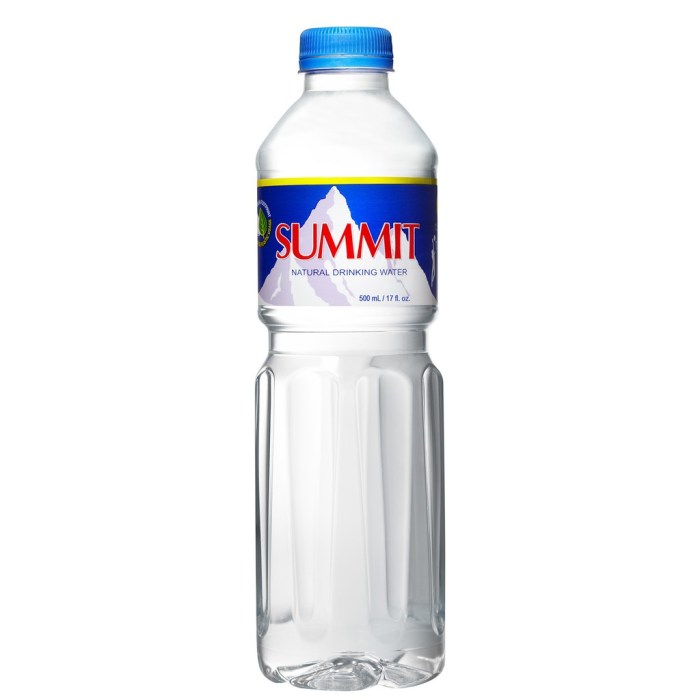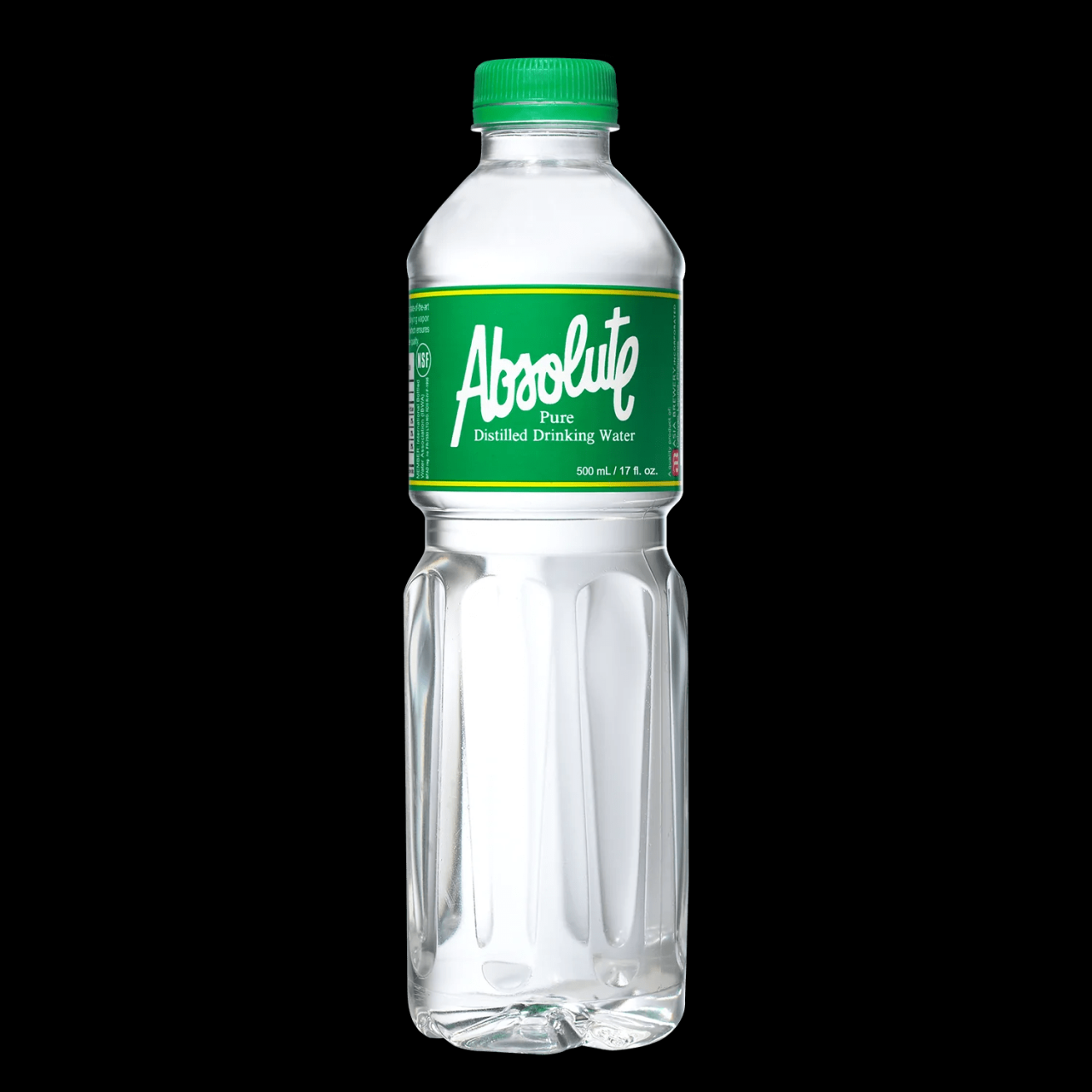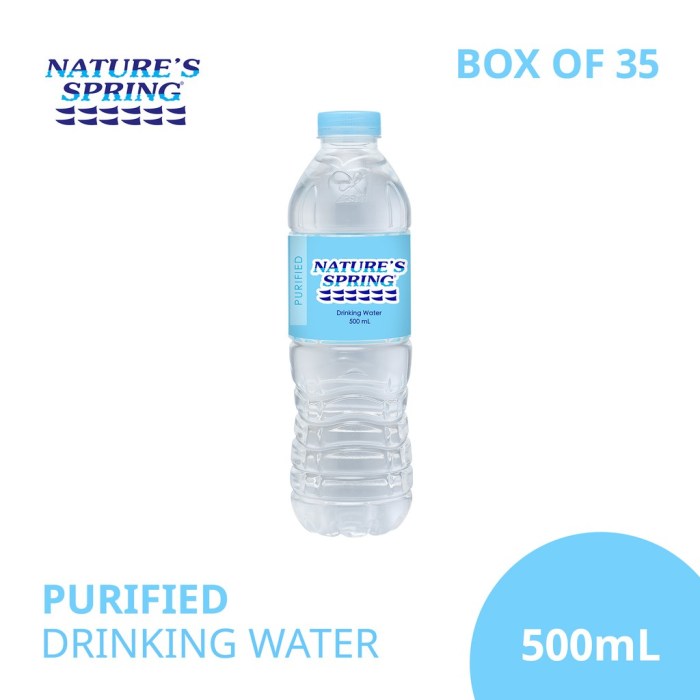As the price of bottled water a substitute increases takes center stage, this opening passage beckons readers with gaya akademik dengan tone otoritatif into a world crafted with good knowledge, ensuring a reading experience that is both absorbing and distinctly original.
Bottled water has become an increasingly popular beverage choice, but its price has also been steadily rising. This has led to a growing demand for substitutes, such as tap water, sparkling water, and flavored water. The price of these substitutes has also been increasing, but not as quickly as the price of bottled water.
Impact on Consumer Demand: The Price Of Bottled Water A Substitute Increases

The price elasticity of demand for bottled water is relatively low, indicating that changes in price have a limited impact on consumer demand. This is because bottled water is often seen as a convenience good, and consumers are willing to pay a premium for the convenience of having clean, safe drinking water on hand.
However, the price of bottled water substitutes can have a significant impact on consumer demand for bottled water.
For example, if the price of tap water increases, consumers may be more likely to purchase bottled water as a substitute. Similarly, if the price of filtered water pitchers or other home water filtration systems decreases, consumers may be less likely to purchase bottled water.
Examples of How Changes in the Price of Bottled Water Substitutes Have Influenced Consumer Behavior, The price of bottled water a substitute increases
- In 2014, the city of Flint, Michigan, experienced a water crisis when lead was found in the city’s drinking water supply. As a result, many residents turned to bottled water as a safe alternative. This led to a significant increase in the demand for bottled water and a corresponding increase in prices.
- In 2017, the Trump administration proposed a budget that would have eliminated funding for the Environmental Protection Agency’s (EPA) Lead and Copper Rule. This rule is designed to protect public water systems from lead contamination. If the rule had been eliminated, it could have led to an increase in the price of tap water and a corresponding increase in the demand for bottled water.
FAQ
What are the factors that affect the price of bottled water?
The price of bottled water is affected by a variety of factors, including the cost of production, transportation, and marketing. The cost of production includes the cost of the water itself, the cost of the bottles, and the cost of labor.
The cost of transportation includes the cost of shipping the water from the source to the bottling plant and the cost of distributing it to stores.
What are the substitutes for bottled water?
There are a number of substitutes for bottled water, including tap water, sparkling water, and flavored water. Tap water is the most common substitute for bottled water, and it is also the most affordable. Sparkling water is a good substitute for bottled water for people who want a refreshing beverage with a little bit of fizz.
Flavored water is a good substitute for bottled water for people who want a beverage with a bit of flavor.
How does the price of bottled water substitutes affect the demand for bottled water?
The price of bottled water substitutes can have a significant impact on the demand for bottled water. If the price of substitutes increases, then the demand for bottled water will decrease. This is because consumers will be more likely to choose substitutes over bottled water if the substitutes are more affordable.

